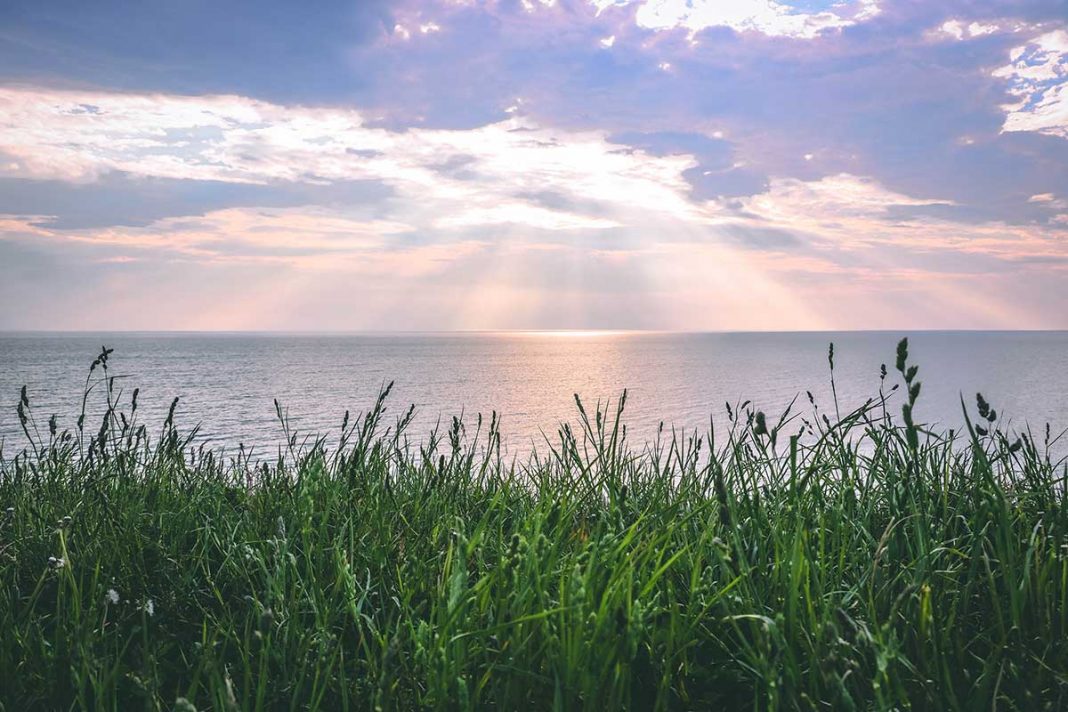MANITOULIN—As Islanders, we have a unique perspective on living, working and playing on the Great Lakes. Every three years, the International Joint Commission (IJC) seeks public input on the current state of the Great Lakes, including Lake Huron, as well as threats and opportunities. It’s an opportunity to use your voice and to shape how Canada and the United States manage the lakes.
The IJC is a Canadian-United States organization created in 1909 by the boundary waters treaty to find consensual solutions to the issues facing our shared waters. When the Great Lakes Water Quality Agreement (GLWQA) was signed in 1972, the IJC was tasked with completing research, evaluating and assessing government progress on water quality, and engaging with the public.
The GLWQA sets out nine general objectives, which broadly describe water conditions and what level of environmental quality is desirable. Since the 2012 update, progress reports have been completed every three years to determine how close or how far the governments are from achieving those objectives.
The IJC is asking the question, ‘how do we make Lake Huron more swimmable, fishable, and drinkable?’ Discussion is centred around three themes: understanding the current reality, gathering knowledge and building strength, and opportunities moving forward. For example, what kinds of progress or changes in Great Lakes water quality are you seeing happen? What needs to be understood better to impact progress or changes to Great Lakes water quality and why? Where do resources need to be prioritized?
The IJC kicked off its public stakeholder sessions at the Great Lakes Public Forum, held in Niagara Falls in September, and more recently, hosted a webinar in November. Common concerns have included harmful algal outbreaks; nutrient loading and sediment along the near shore especially with intense rainfall events; depletion of nutrients in the offshore region and the impact on fisheries; and invasive species.
One stakeholder spoke about radionuclides, calling on the IJC to lobby both federal governments about adding radionuclides to the list of chemicals of concern, and to implement baseline monitoring for radionuclides.
President of Georgian Bay Association, Rolfe Jones, who lives on the southern side of Georgian Bay, said that water quality has “profoundly decreased” over the last eight or nine years in that side of the Bay. “I’m not sure why this is happening on our side of the Bay,” he told commissioners. “Perhaps it’s the warming of the waters as well as major pollen outbreaks, and sometimes the geese contribute to the lessening of the water quality. I’ve been on the Bay for the past 35 years and I cannot believe the degradation of our water.”
Mr. Jones said this was blamed on farm run-off in the 1990s but that many of the effluents are starting to store up along the south shore and on the bottom of the Bay.
Other GBA members voiced concerns about methylmercury being a contaminant of issue in the Georgian Bay area, noting erosion concerns from the Parry Sound fire that occurred in 2018. Rupert Kindersley, GBA’s executive director, wants to see better testing for mercury levels in fish and a study of the impact of variable water levels on coastal wetlands, especially as we face greater water level variabilities over the next 80 years due to climate change.
Along with highly variable water levels comes a concern about septic system construction and positioning along the shores of Lake Huron, particularly in the Canadian Shield areas.
Mary Muter of Georgian Bay Great Lakes Foundation also raised concerns about extreme water level variability, particularly on Lake Huron.
The safety of Enbridge’s Line 5 pipeline in the Mackinaw Straits was mentioned by several commenters, including Ontario Regional Chief Glen Hare.
Bill 23, Ontario’s ‘More Homes Built Faster Act, 2022’ was also raised as having the potential to cause deterioration of water quality.
Pierre Béland, Canadian Chair and Commissioner of the IJC suggested that people make use of other ways to comment in order to present “more fully” their views on the progress of the parties. “Several people spoke about radionuclides and nutrients, algal blooms, and a lot has to be done to stop the proliferation of these events,” he said. “The IJC doesn’t carry out monitoring but we do make recommendations on issues that we hear from you.”
“We are inspired by comments that we have received from the public and it’s very important that we keep track of progress and examine them in a critical way,”’ he concluded.
The online survey can be accessed at ijc.org/survey-2022-PROP.
Written comments can be submitted to ijc.org/2022-Great-Lakes-Progress-Input until December 23.





